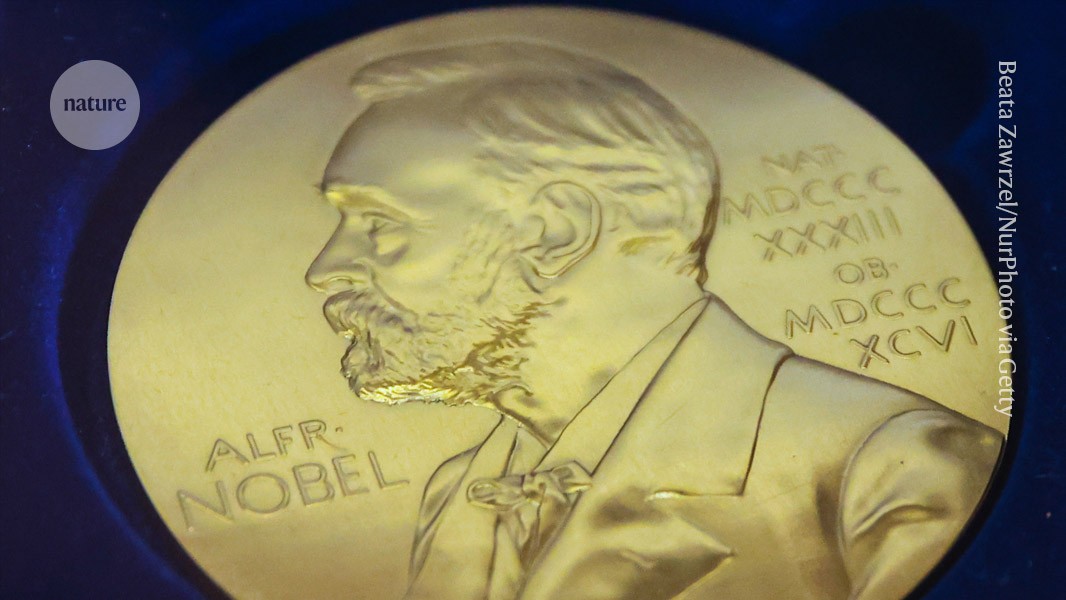
""I am completely stunned; it had never occurred to me in any way that this might be the basis for a Nobel Prize," said Clarke, speaking to journalists gathered for the announcement. "I think that our discovery in some ways is the basis of quantum computing," he said, adding that although he led the trio's work in the 1980s, the contributions of the other two were "overwhelming"."
"One is the phenomenon of quantum tunnelling - the ability of particles to pass straight through a barrier that shouldn't be possible according to classical physics, given its energy. Tunnelling explains radioactive decay, in which, despite being confined inside an atom, an alpha particle still has a small probability of escaping the nucleus. Another is quantum superposition, in which an object can exist simultaneously in two sta"
Three physicists—John Clarke, Michel Devoret and John Martinis—received the 2025 Nobel Prize in Physics for demonstrating quantum phenomena at the macroscopic scale. Their experiments on quantum tunnelling and quantum superposition enabled observation of inherently quantum behavior in circuits large enough to be measured and controlled. The work helped underpin modern quantum computing by providing architectures and understanding required for superconducting quantum bits. The prize of 11 million Swedish kronor was announced by the Royal Swedish Academy of Sciences. Prize committee chair Olle Eriksson emphasized that century-old quantum mechanics continues to yield surprises and forms the foundation of digital technology.
Read at Nature
Unable to calculate read time
Collection
[
|
...
]